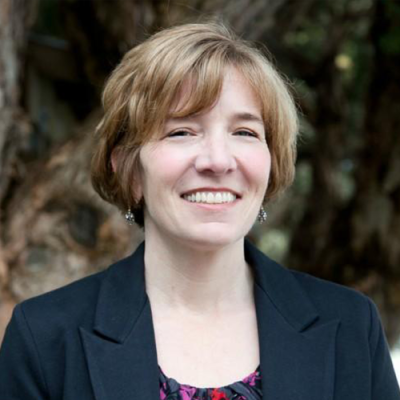
Heather Bullock, University of California, Santa Cruz
Dr. Bullock is a Professor of Psychology and Director of the Blum Center on Poverty, Social Enterprise, and Participatory Governance at the University of California, Santa Cruz. Her research focuses on social psychological dimensions of economic (in)justice including how members of different socioeconomic groups understand poverty and wealth, as well as their own relative status. Additionally, Dr. Bullock studies interpersonal classism in the lives of low-income women. As a part of this work, she is documenting the conditions under which classist behaviors are most likely to occur and the intersections of classism, racism, and sexism.
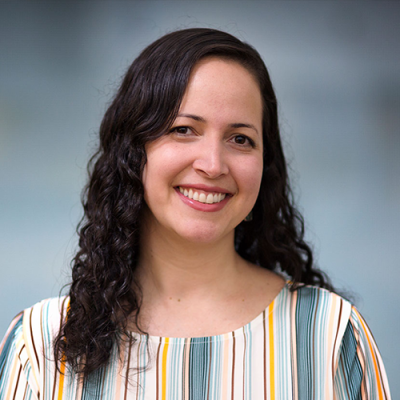
Fernanda Cross, University of Michigan
Dr. Cross is a Transitional Postdoctoral Research Fellow in the School of Social Work at the University of Michigan. Her research focuses on family and cultural factors that promote healthy development and mitigate risk of poor psychological and/or educational outcomes among Latinx adolescents and families. To inform her research, Dr. Cross uses qualitative, quantitative, and mixed-methodologies, and draws on not only her experience as a Latinx immigrant but also her dozen years of involvement in the Latinx immigrant community of southeast Michigan as both an advocate and Portuguese/Spanish interpreter.
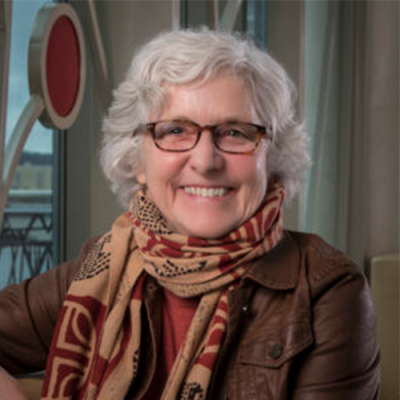
Constance Flanagan, University of Wisconsin, Madison
Dr. Flanagan is the Vaughan Bascom Professor of Women, Family, and Community in the Department of Civil Society and Community Studies in the School of Human Ecology, where she is also Associate Dean, at the University of Wisconsin, Madison. Her research focuses on adolescents’ political theories and on the factors in communities that foster identification with and action for the common good in young people. In her current project, Youth and the Environmental Commons, she examines collective action and learning by urban youth of color to mitigate environmental problems in their communities.

Adam Gamoran, William T. Grant Foundation
Dr. Gamoran is President of the William T. Grant Foundation where he has launched a new initiative to support research on reducing inequality in youth outcomes. Prior to joining the Foundation, he served as faculty at the University of Wisconsin, Madison where he held the John D. MacArthur Chair in Sociology and Educational Studies. Dr. Gamoran additionally served on the National Board of Education Sciences, appointed twice by President Obama. His research has focused on educational inequality and school reform, examining topics including racial isolation in school and effects of school segregation and resources on policy.

Erin Godfrey, New York University
Dr. Godfrey is an Associate Professor of Applied Psychology in the Psychology and Social Intervention program in the Steinhardt School of Culture, Development, and Education at New York University. Her research focuses on how individuals interact with, understand, and are influenced by the social, economic, and political systems in which they are embedded. Dr. Godfrey uses theories and methods from social, development, and community psychology to inform her work and employs multilevel methods to examine, for example, the quality of social service provision meant to improve the lives of disadvantaged families and children.

Jin Huang, Saint Louis University
Dr. Huang is an Associate Professor of Social Work in the College for Public Health and Social Justice at Saint Louis University. His research focuses on family background and child development especially as it relates to financial capability. In this area, he has examined the buffering effects of Child Development Accounts on parental investment and children’s social-emotional development. More generally, Dr. Huang examines the efficacy of asset-based social policies spanning health, finance, and education.

Lindsey Nenadal, California State University, Chico
Dr. Nenadal is an Assistant Professor of Child Development at California State University, Chico. Her research focuses on teachers’ beliefs about and biases based on social class, curriculum development, implementation, and evaluation focused on social issues, and the effects of poverty on children’s development. In response to more recent events, Dr. Nenadal is also interested in better understanding the impact of the Camp Fire on students and teachers in the Paradise, CA community.
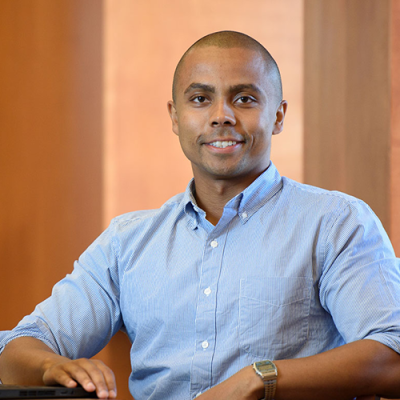
Steven Roberts, Stanford University
Dr. Roberts in an Assistant Professor of Psychology at Stanford University. His research focuses on how children and adults conceptualize social groups and how concepts guide perceptions and evaluations of individuals. Key questions driving his work center on race, including what people think race is, and systems of racism beyond those typically examined (e.g., within religion, romantic relationships, and scientific publication). Together, this work informs our understanding of how children navigate their social world.

Jennifer Romich, University of Washington
Dr. Romich is an Associate Professor in the School of Social Work at the University of Washington. Her research focuses on resources and economics in families with a particular emphasis on low-income workers, and household budgets and families’ interactions with public policy. More recently, Dr. Romich has been examining the effects of highway tolls on low-income households, the financial services used by low-income consumers, and the income of families involved with the child welfare system, doing so via an interdisciplinary, mixed-methods approach.
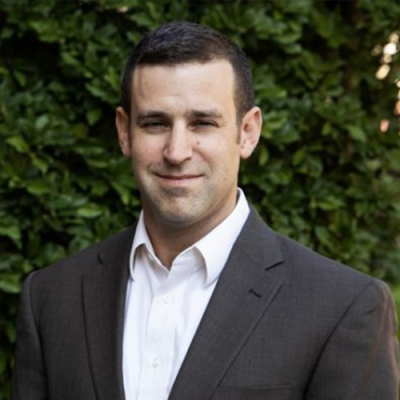
Scott Seider, Boston College
Dr. Seider is an Associate Professor of Applied Developmental and Educational Psychology in the Lynch School of Education and Human Development at Boston College. His research focuses on the role of schools in supporting adolescents’ civic development. In his current work, Dr. Seider's investigates the development of critical consciousness in adolescents. Prior to work as university faculty, he was an English teacher in the Boston Public Schools and Westwood Public Schools.
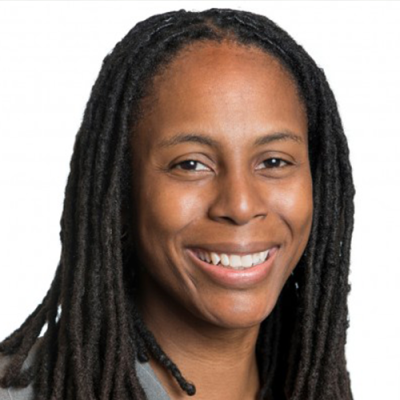
Nia West-Bey, Center for Law and Social Policy
Dr. West-Bey is a Senior Policy Analyst with CLASP’s youth team. Her work focuses on two-generation policies and strategies to support young, low-income parents of color as well as girls and young women of color. She has expertise in youth development, qualitative and quantitative data interpretation and analysis, and the intersection of psychology, social policy, and program evaluation. Prior to CLASP, Dr. West-Bey co-founded and spent 10 years as executive director of a community-based nonprofit organization offering youth development programming to young people in foster care in Washington, D.C.